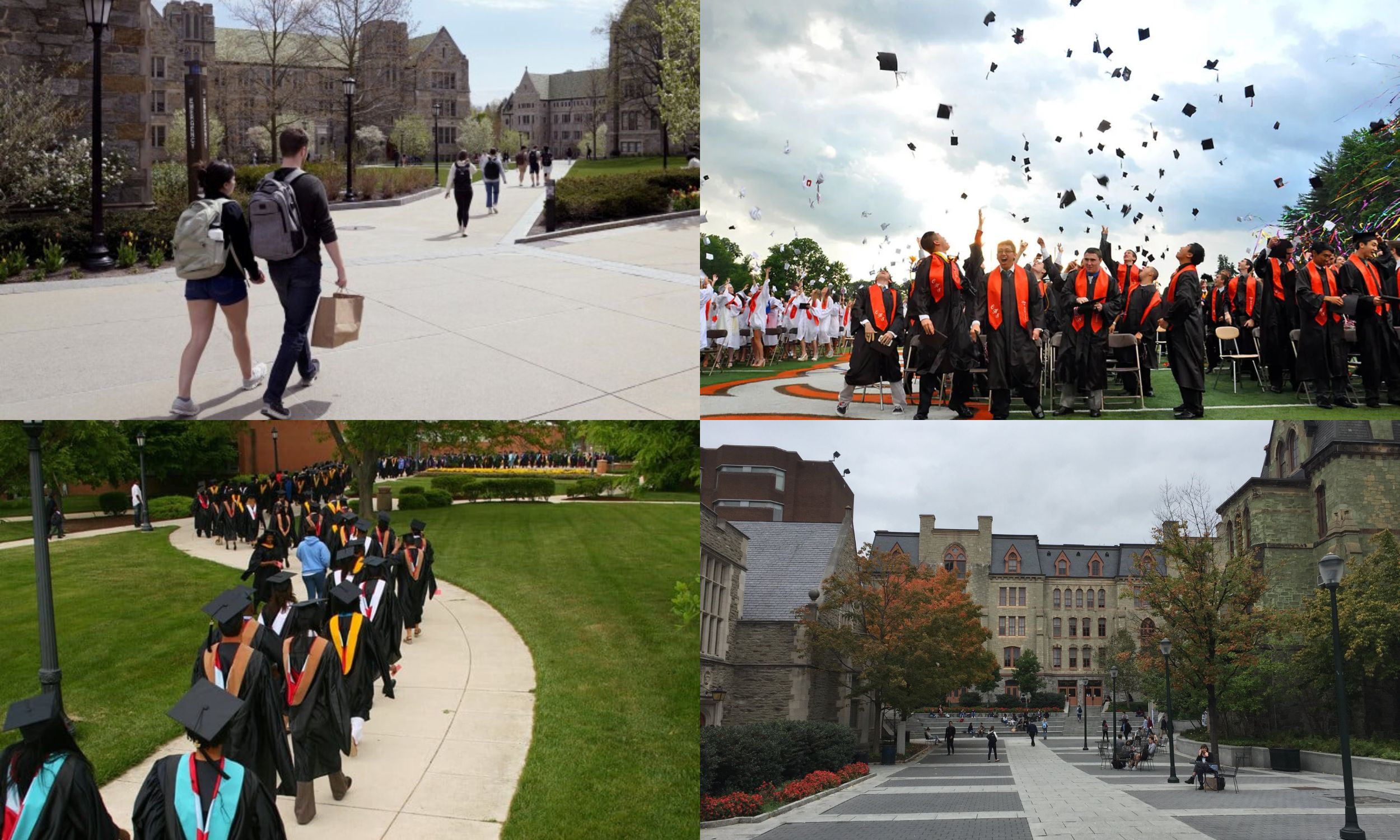The platforms of both major political parties in the United States paint a picture of a nation grappling with profound challenges. If our union is indeed fractured, which institutions are capable of leading us toward national reconciliation?
The government appears ill-equipped for this monumental task, as public trust in it has plummeted. In 1958, 73 percent of Americans believed the government would do the right thing most of the time; today, that confidence has dwindled to just 22 percent.

Restoring confidence in higher education requires a renewed emphasis on developing both strong moral character and market-ready skills
What role, then, might our colleges and universities play in this healing process? Trust in these institutions is also waning. For the first time, Americans are evenly split on whether they have much trust, some trust, or little to no trust in higher education. Gallup reports that 68 percent of Americans believe higher education is on a troubling path, leading the Chronicle of Higher Education to publish a piece titled “The Public Is Giving Up on Higher Ed.”
Historically, American colleges and universities have played a crucial role in shaping students’ moral character and, by extension, the nation. As historian Julie A. Reuben notes, universities have never abandoned their moral missions. Educators have long believed that universities should prepare students to live morally and contribute positively to society. Despite this, there is a growing disconnect between the moral mission of these institutions and the public’s perception of their effectiveness.
The solution may lie in addressing two key concerns: the need for moral character and market readiness. Americans highly value character for life success, with nearly 80 percent prioritizing strong values. They also demand that higher education better prepare students for the job market, as many employers find recent graduates lacking essential skills.
To restore trust, colleges and universities must integrate moral formation with practical job preparation. This could involve developing learning outcomes that emphasize character development, moral reasoning, and industry-specific skills. Additionally, experiential learning opportunities such as internships, industry partnerships, and leadership programs should be incorporated to reinforce these lessons outside the classroom.
By focusing on these dual objectives, higher education can play a vital role in strengthening the national character and addressing the crisis of confidence it currently faces. Achieving this will require bold, visionary leadership committed to developing well-rounded individuals prepared for both life and work. The healing of our nation’s soul depends on it.























